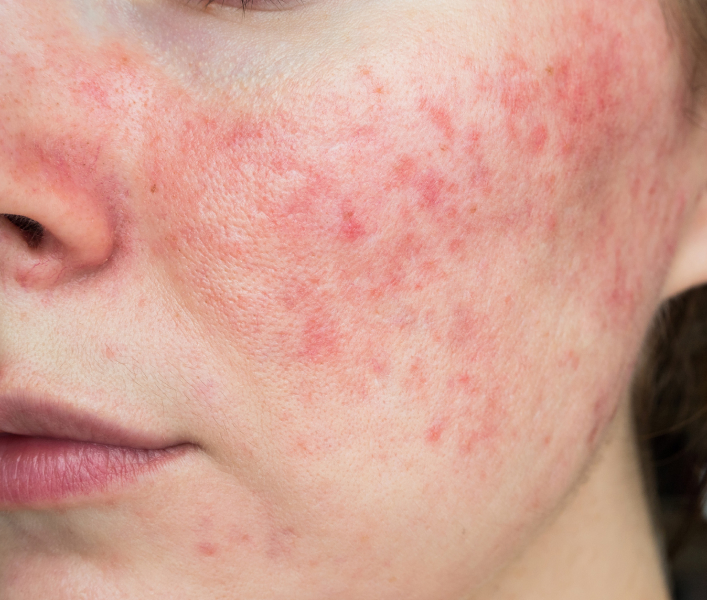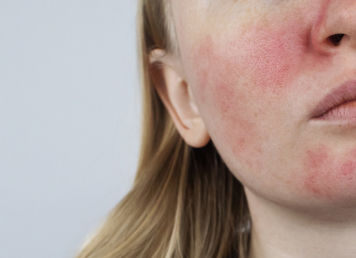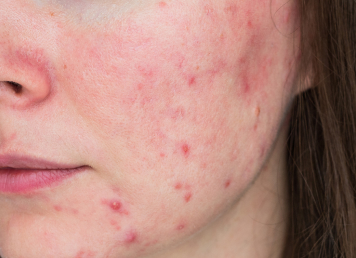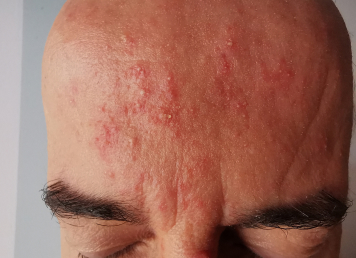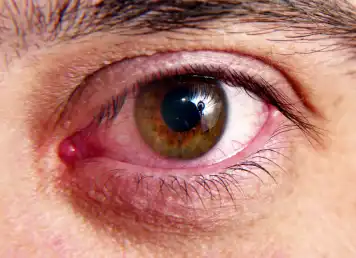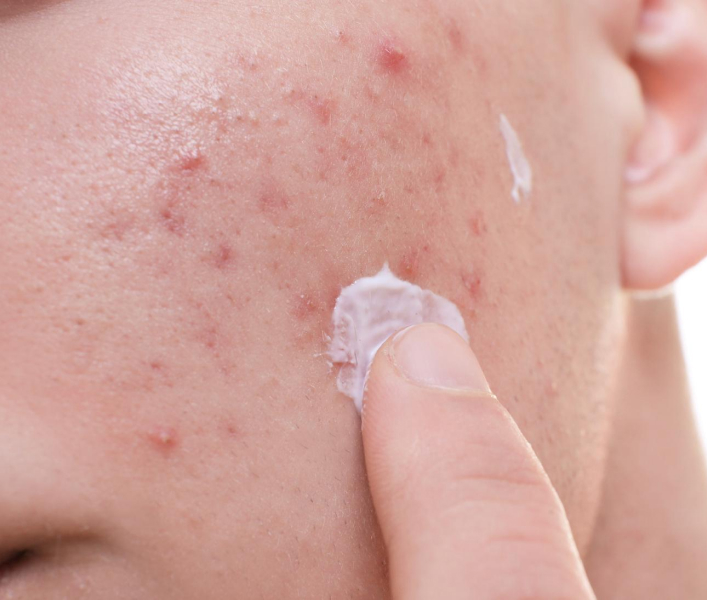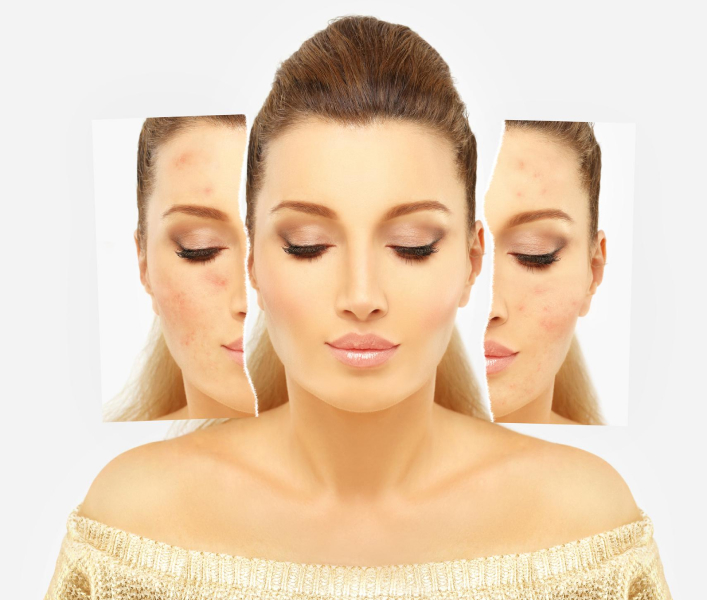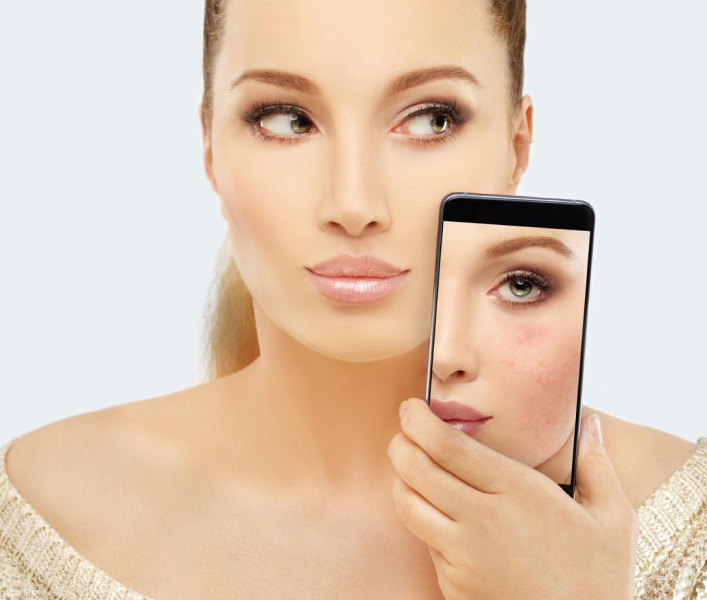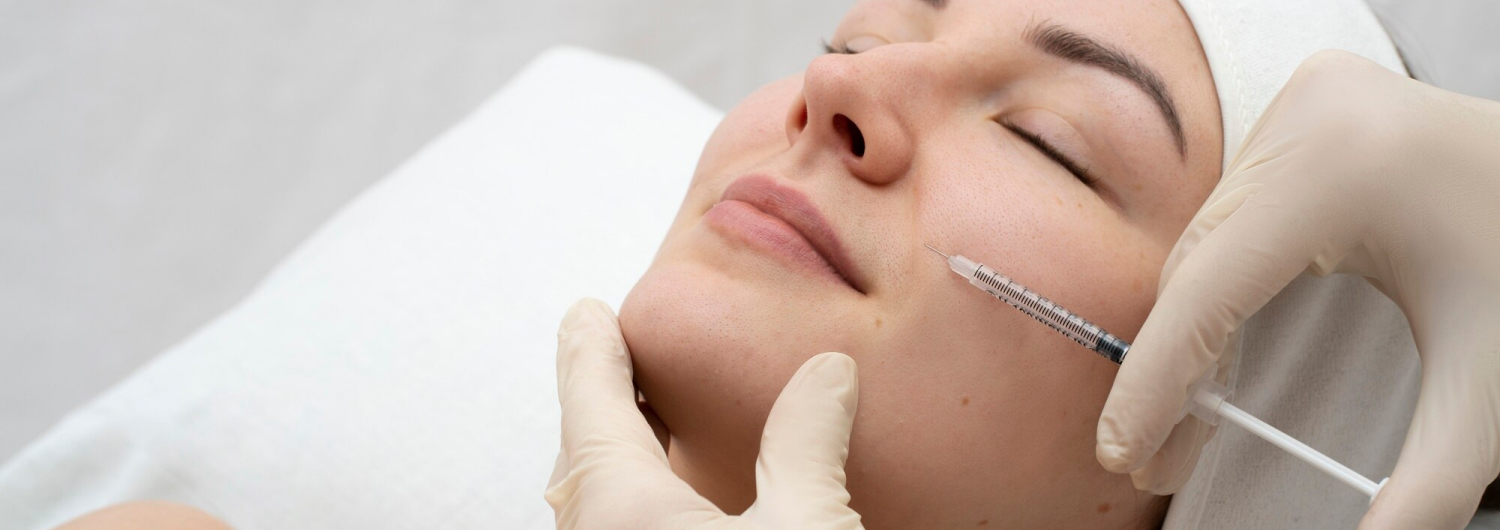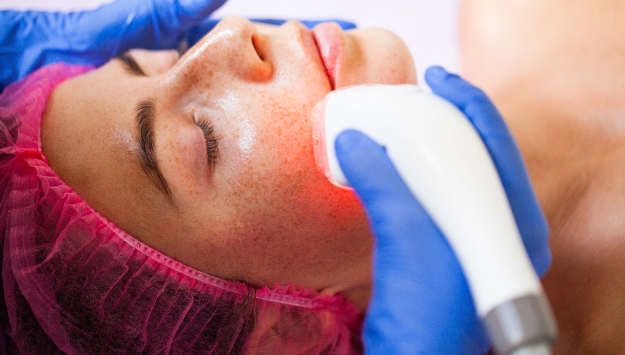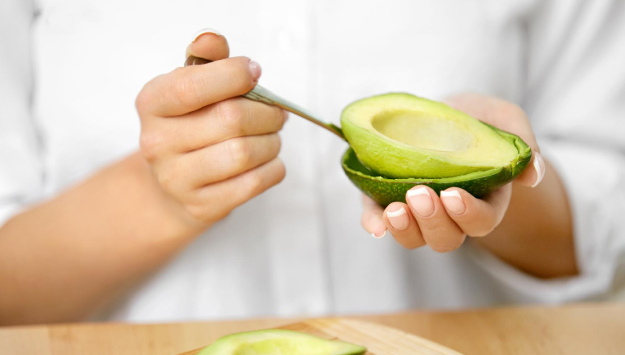Rosacea is a long-term skin condition that primarily affects the face. It’s more common in women and people with a lighter skin tone. If you have persistent redness over cheeks, nose, consider consulting with Dr Sweety Darall Tomar. Note that the symptoms of rosacea can be worse in men.
The cause of rosacea is still unknown, and not consulting with a dermatologist may make things worse. The usual symptoms of rosacea are small and pus-filled bumps on the skin. In most cases, rosacea affects the skin on your nose, cheeks, and forehead.
At Skinisma, we have the experience and expertise to treat rosacea effectively. For more details on rosacea treatment, consult with us at the earliest.

